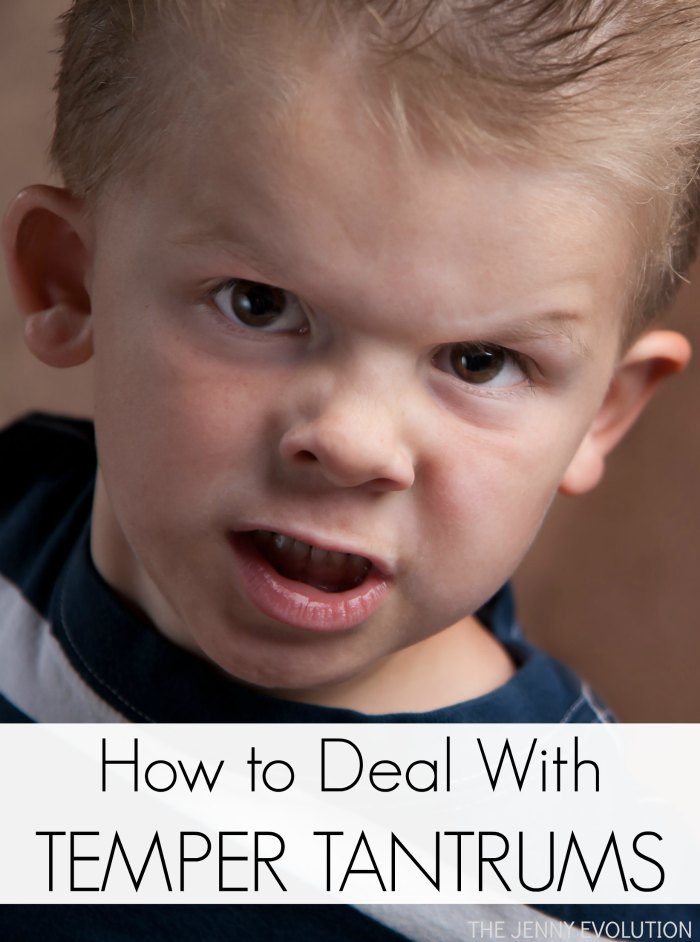Awesome Tips About How To Deal With A Temper Tantrum

For screaming, yelling, crying and whining move:
How to deal with a temper tantrum. She needed this connection with you or she wouldn't have had the tantrum to begin with! Be reasonable about what to expect from your child, and do not expect your child to be perfect. How to deal with temper tantrums reasons for temper tantrums.
Keeping cool when the temper flares. Young children have a short attention span. If it’s your loved one that had the outburst, it might be wise to.
Toddler tantrum tips find out why the tantrum is happening. Take time to process how you feel about it. If you become angry or defensive yourself, you will likely exacerbate the tantrum that the other person is having.
Temper tantrums may feel wildly unpredictable—particularly toddler tantrums, which can happen at the drop of a hat. How do i deal with a typical temper tantrum episode? 1 remain calm.
Use it and try to distract the child and offer something else. Establish a daily routine so that your child knows what to expect. More full article 8 min read
You'll need to handle a tantrum differently depending on why it's happening. The first rule in responding to an adult temper tantrum is that you have to stay calm and not get engaged in it. Come up with a list of things you can do to calm down and share it with your child.
All of these can help you calm down. Your boss explains that while the company recognizes your dedication and effort, they want you to get more experience before you take on more. Reward your little one with praise and attention for positive behavior.
But there are strategies to help you deal with this reality of toddler parenting. Give lots of praise when they compromise, try to calm themselves down or do something difficult without a tantrum. Everything you say and do seems to make the tantrum worse, and it takes all of your remaining resources not to throw a tantrum yourself.
It can be frightening, upsetting, and frustrating to deal with a temper tantrum. But there are things you can do to make temper tantrums less likely, including: For screaming, yelling, crying and whining move:
(no, you're not rewarding the tantrum. Children tend to have more temper tantrums when they are tired (when they’ve missed a nap, for example) because they are less able to deal with frustrating situations. It may help to remember that.









_Final.jpg?MOD=AJPERES&CVID=)








